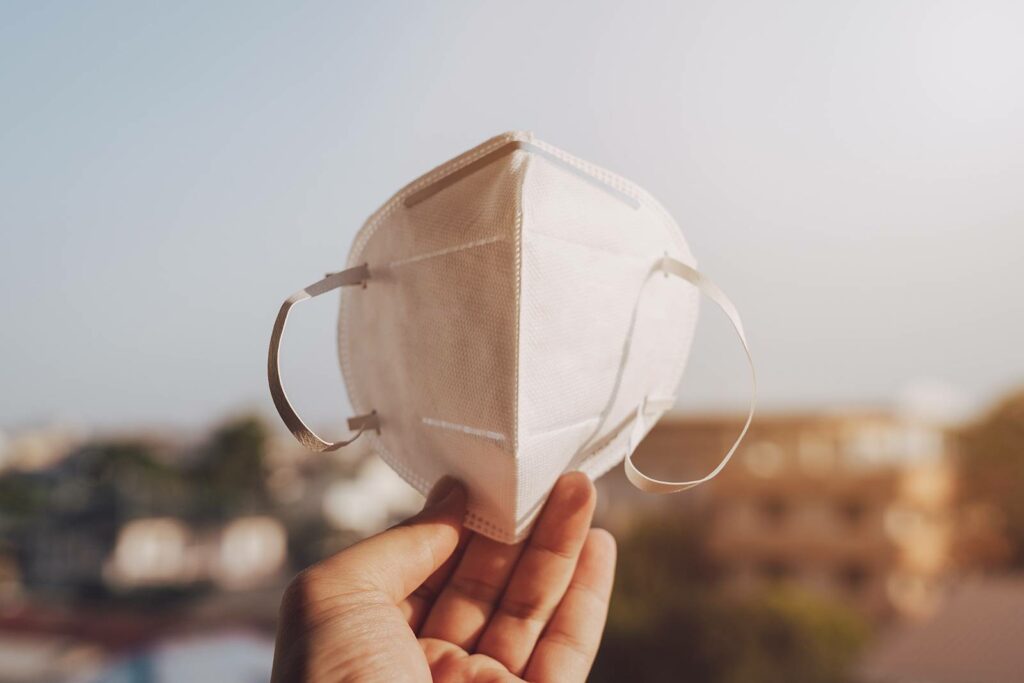
Staying Safe During COVID-19
With any of us following the social distancing and staying at home guidelines we have found ourselves staying home, some wit our abusers. An abuser may use these guidelines to obtain or sustain control.
Here’s how COVID-19 could uniquely impact intimate partner violence survivors:
- Abusive partners may withhold necessary items, such as hand sanitizer or disinfectants.
- Abusive partners may share misinformation about the pandemic to control or frighten survivors, or to prevent them from seeking appropriate medical attention if they have symptoms.
- Abusive partners may withhold insurance cards, threaten to cancel insurance, or prevent survivors from seeking medical attention if they need it.
- Programs that serve survivors may be significantly impacted –- shelters may be full or may even stop intakes altogether. Survivors may also fear entering shelter because of being in close quarters with groups of people.
- Survivors who are older or have chronic heart or lung conditions may be at increased risk in public places where they would typically get support, like shelters, counseling centers, or courthouses.
- Travel restrictions may impact a survivor’s escape or safety plan – it may not be safe for them to use public transportation or to fly.
- An abusive partner may feel more justified and escalate their isolation tactics.
More information can be found at the National Domestic Violence Hotline.
The National Domestic Violence Hotline recommends the creation of a safety plan. Having something set into play if you are in a relationship, planning to leave to staying safe after you have gone already.
Due to Social Distancing many of you have been working from home, if this is a safety concern for you it is best to have a plan set. Thinking about staying with a friend, a hotel or in your car keeping in mind of course hygiene to ensure you don’t spread the virus or catch it yourself.
At the NDVH they offer resources and can help you create a safety plan that works best for you. Due to the limit in shelters speak to someone first and if you can’t call 911.
